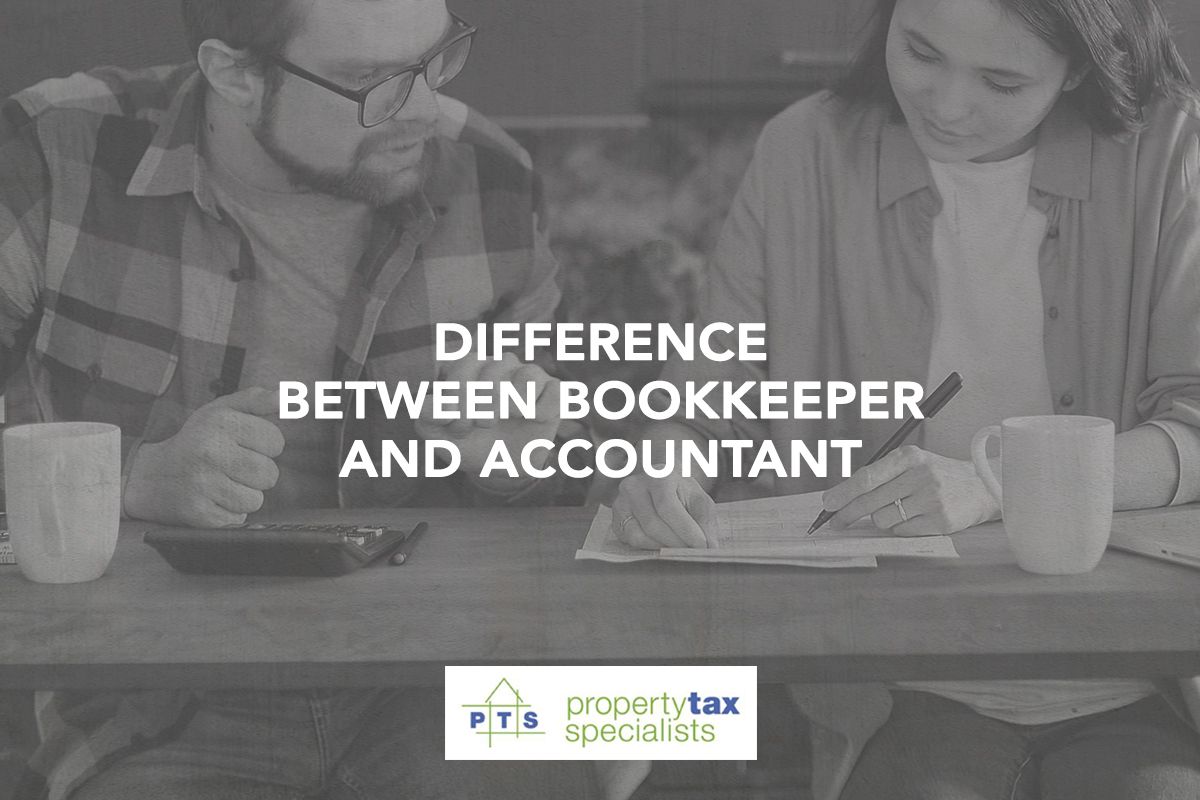What is the Difference between a Bookkeeper and Accountant?
In the world of business, the difference between a bookkeeper and an accountant is pivotal for effective financial management.
Although their responsibilities overlap to some extent, there are significant differences between the two. Bookkeeping is a subset of accounting, focusing on recording financial transactions, while accounting involves interpreting and analysing financial data to provide valuable insights and make informed decisions.
In this article, we’ll explore the distinctions between bookkeepers and accountants, their roles and responsibilities, the required qualifications, and how they can benefit your business.
What Does Bookkeeping Entail for a Business Owner?
Bookkeeping is the process of recording and organising financial transactions for a business. It involves maintaining accurate and up-to-date records of purchases, sales, and payments. Bookkeepers ensure that financial data is organised in a systematic and chronological manner, providing a clear picture of a business’s financial activities.
Key Tasks of a Bookkeeper
Bookkeepers perform several important tasks to keep a business’s financial records in order. These tasks include:
- Recording the company’s daily financial transactions
- Managing payroll, invoices, and sales and expense receipts
- Preparing and lodging Business Activity Statements (BAS)
- Handling tax and superannuation reporting through Single Touch Payroll (STP)
- Generating management reports to track the progress of the business
- Managing financial reporting, including balance sheets, profit and loss statements, accounts receivable and payables, and cash flow
- Streamlining bank reconciliation processes
- Utilising cloud-based accounting software, such as Xero, for efficient record-keeping
Understanding the Accounting Process
Accounting is a broader field that encompasses bookkeeping. It involves the process of recording, storing, retrieving, and analysing financial information to provide valuable insights and support decision-making. Accountants go beyond recording financial data; they interpret and analyse the information to help businesses understand their financial position and make informed choices.
Primary Responsibilities of an Accountant
Accountants play a crucial role in managing a business’s finances. Some of their primary responsibilities include:
- Establishing a new business and determining the most suitable business structure
- Providing tax planning advice and assistance with filing tax returns
- Ensuring compliance with financial reporting standards and regulations
- Offering advice based on business trends, the company’s financial statements and identifying growth opportunities
- Forecasting cash flow and creating budgets for effective financial management
- Conducting regular assessments to ensure accuracy and compliance
- Assisting with the setup and management of Self-Managed Super Funds (SMSFs) if they are licensed to do so
Differences between Bookkeepers and Accountants
As you can see, bookkeepers and accountants share some similarities in their objectives and the work they do. These similarities include:
- Dealing with financial reports and transactions
- Ensuring the accuracy and integrity of financial records
- Contributing to the financial health and success of a business
But while they have common goals, bookkeepers and accountants perform different functions and are valuable at different stages of a business’s financial cycle. Bookkeepers are essential for day-to-day financial tasks, and accountants provide strategic financial advice and assistance during tax season.
Beyond that, their educational requirements and expertise differ.
Educational Requirements
To become a bookkeeper, a Certificate or Diploma course in Accounting and Bookkeeping is typically sufficient. Bookkeepers may also need to be registered with the Tax Practitioners Board as BAS agents to provide BAS services.
On the other hand, accountants pursue a bachelor’s degree in accounting or a related field. They often seek professional certifications, such as Certified Professional Accountant (CPA), membership with the Institute of Public Accountants (IPA), or Chartered Accountants Australia and New Zealand (CA ANZ).
These qualifications ensure that accountants meet the accounting code of practice and possess specialised knowledge.
Skills and Expertise
Bookkeepers require strong attention to detail and a solid understanding of accounting principles. They should be proficient in using accounting software and have experience in administrative roles. Bookkeepers focus on accurately recording financial transactions and maintaining organised records.
Accountants, on the other hand, possess higher-level analytical and strategic skills. They can interpret financial data, identify trends, and provide insights for business growth. Accountants are trained to prepare financial statements, analyse financial performance, and offer advice based on their expertise.
Choosing Between a Bookkeeper and an Accountant
Both roles are essential for financial management, but they cater to different aspects, so you need to determine your business’s specific financial needs and its stage of growth before deciding between a bookkeeper and an accountant.
You’d hire a bookkeeper if you simply needed help with your daily financial tasks, such as streamlining bank reconciliations and handling payroll.
When it comes time to consider more strategic financial tasks like tax planning, growth forecasting, and business structure advice, you’ll need to get an accountant on board.
Collaboration between Bookkeepers and Accountants
In most cases, you should have bookkeepers and accountants collaborate to ensure comprehensive financial management.
Bookkeepers provide accurate and organised records to accountants, who then analyse and interpret the data. This collaboration allows for a more holistic understanding of a business’s financial position and enables better decision-making.
Finding the Right Financial Professional for Your Business
Finding the right financial professional for your business requires careful consideration and evaluation. Here are some factors to consider:
- Business size and complexity: Assess the complexity of your financial management needs and determine whether a bookkeeper or an accountant can fulfill those needs effectively.
- Budget: Consider your budget and the financial resources available for hiring a bookkeeper or an accountant. Evaluate the cost-benefit ratio and the value that each role brings to your business.
- Qualifications and experience: Review the qualifications, certifications, and experience of potential candidates to ensure they meet your specific requirements.
- Compatibility and communication: Establish open and effective communication with the financial professional you choose. Ensure that they understand your business goals and can provide the necessary support and guidance.
Key Takeaways
- Bookkeepers and accountants play vital roles in managing a business’s finances
- Bookkeepers focus on recording transactions and maintaining accurate records
- Accountants analyse financial data to provide valuable insights and assist with decision-making
- Understanding the differences between these roles, their qualifications, and expertise will help you make an informed choice for your business’s financial management needs
- Whether you choose a bookkeeper, an accountant, or a combination of both, it’s essential to find a financial professional who can support your business’s growth and success
Contact Property Tax Specialists now to find the perfect fit for your business needs.




